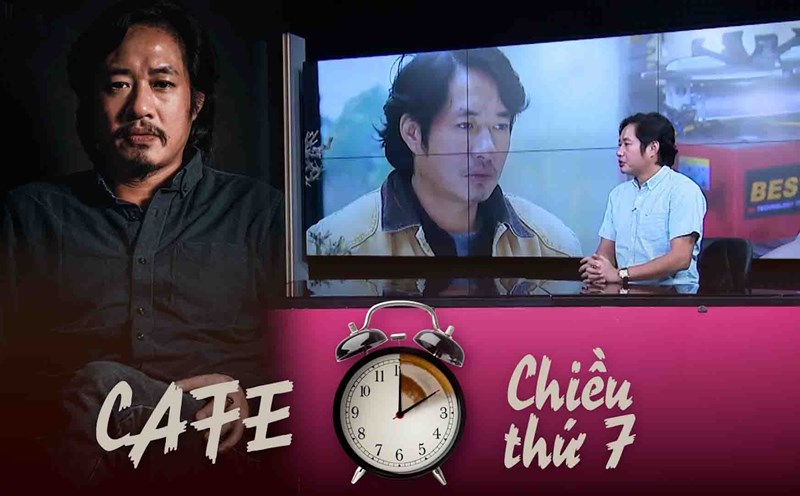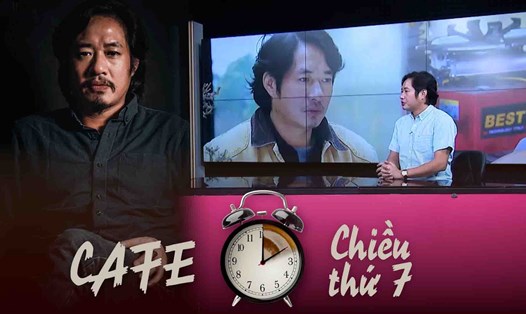After many years of nurturing a passion for the stage, you now hold the position of Vice Principal of the University of Theatre and Cinema. In your teaching position, what do you think is the most important thing to teach students of art schools like the University of Theatre and Cinema? Is it love for the profession, training talent, or teaching how to become a professional without scandals?
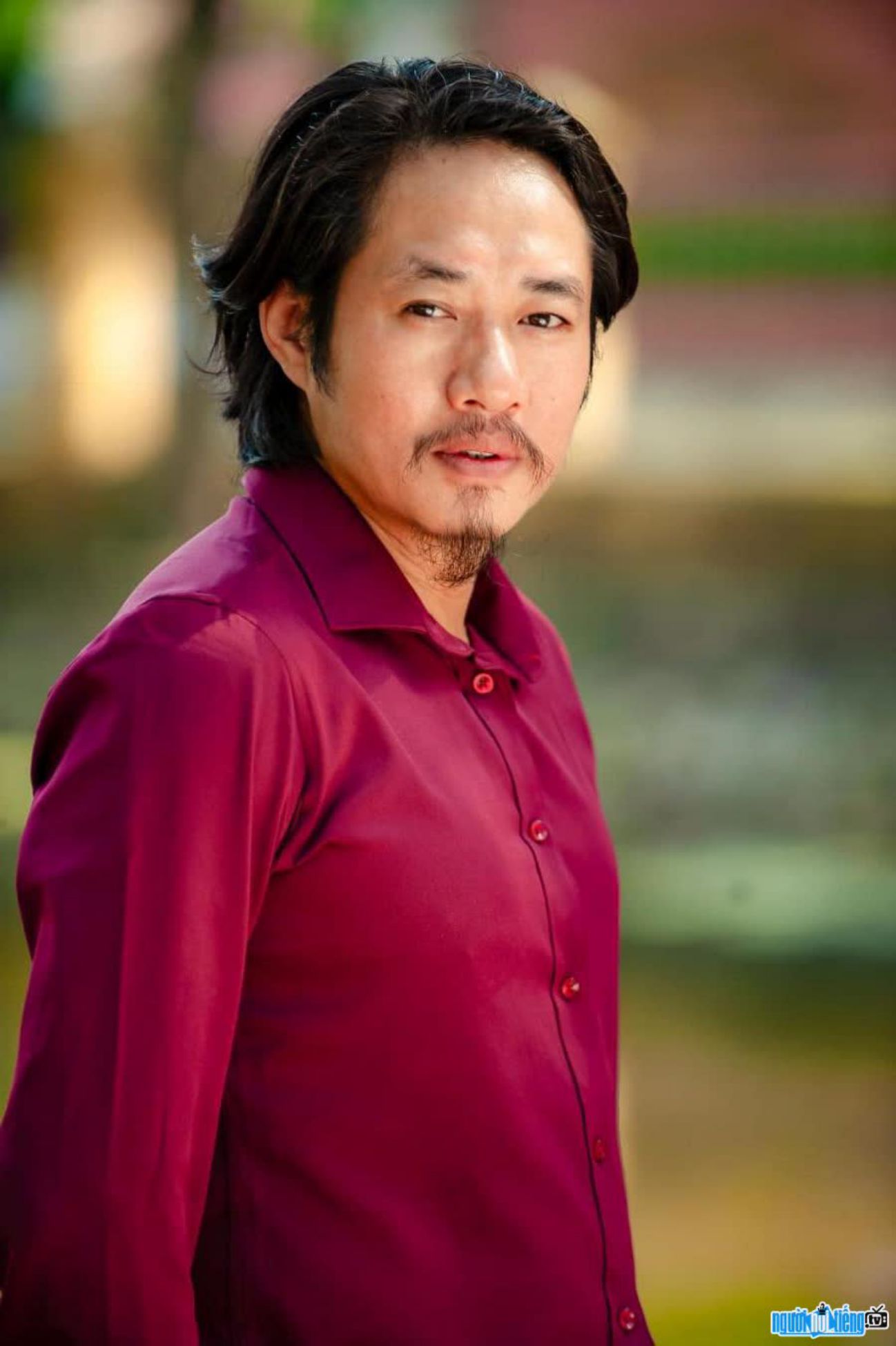
- I think the most important thing in educating a person is moral education to become a human being, especially for a special school like Hanoi Academy of Theatre and Cinema, which trains performing artists.
Before we can become anything, we need to become good people first.
Performing artists are often more sensitive, more fragile, with a bigger ego, and more free. If an individual has no moral values, no lessons about good role models, they are very likely to have deviant actions, speech, and dress and behave beyond standards. Standards here are standards in social relationships, standards here are also standards between educated people and those who are slow in education or lack education.
After ethics is the story of talent. How will future art students adapt to each group of work? They need to practice discipline on stage, teamwork skills so that later they can approach different theater troupes or performance organizations. The nature of the performing profession is very collective. An actor cannot be without co-stars, cannot be without support departments. It is imperative to be aware of lowering one's ego to get along with those around them.
I often tell students that if you are going to be artists in the future, the language you speak and the way you behave must be full of culture. You yourself, your soul, your behavior, your way of dressing must be full of culture so that your works will have artistic elements and cultural standards. If you lack ethics and culture, your products will also be "lame".
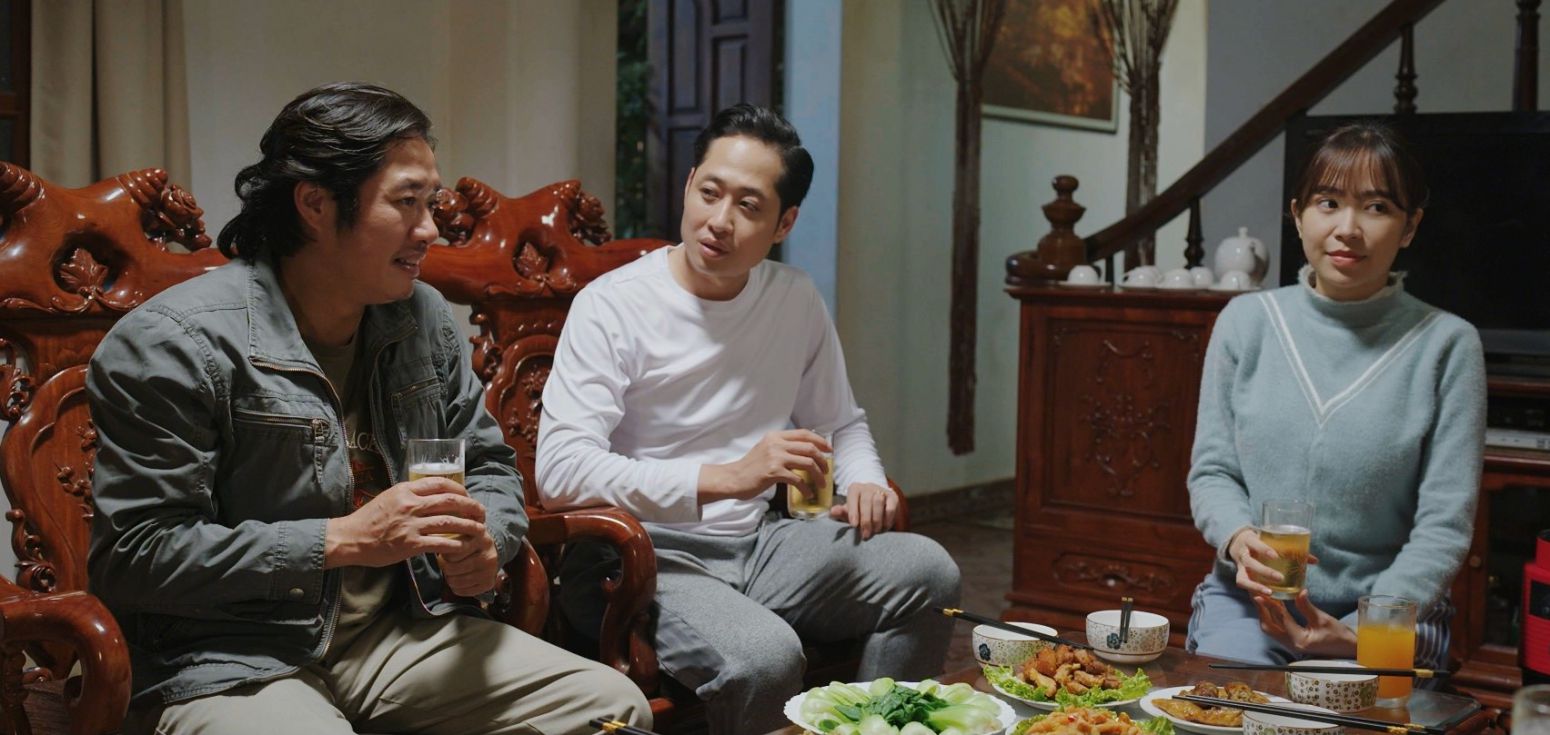
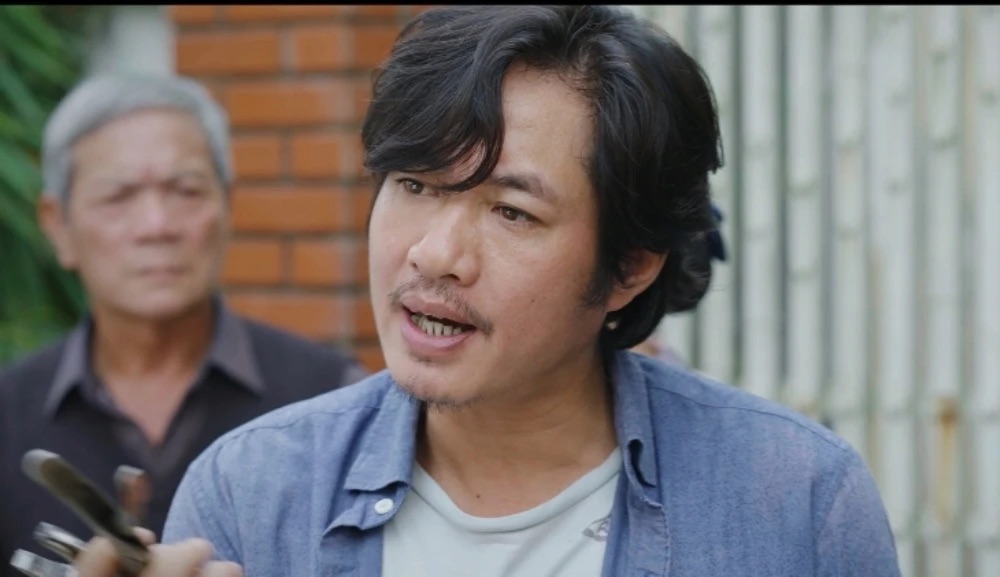
The story of training and education for art school students is being discussed in the context of the public as well as the authorities increasingly tightening the management of ethics, behavior, and speech of artists. Your students are future artists, people who have influence on a large audience. How should education on ethics, behavior, and soft skills for art school students be promoted, in your opinion?
- We have a permanent teaching staff, carefully selected in both lifestyle and expertise. How can students see that their teachers are a shining example that they can follow? In addition, we also invite professors, associate professors, and doctors of art to assist in teaching.
There are many channels for us to educate and train students, to make them aware of their speech and behavior. We cannot control students all day, but we can train them every day and every hour. That is formed over many years and is formed by generations of teachers in the school. We are united in training individuals who can become excellent in the future, becoming typical role models for the future young people to look up to, learn from and follow.
In case you encounter a scandal, you may have social conflicts, or make statements on social networks, the lecturers will have a way to handle it, support those young people to overcome the incident, so that they can be more confident. The school teaches but also coaxes. When they overcome it, it will be a useful lesson for their future career.
Is it difficult or easy to train and educate art students, in your opinion?
- I think that education, teaching art is like other educational professions. We train people. They have skills, they are skilled, but if they want to become good people, they have to become useful people in society, kind to their families and the groups they work for.
In the educational environment, we believe that we must first train good people, and to train a good person is very difficult. We need extremely good people to train good students. As for the story of career, we are aware that making art is very difficult. Because it is difficult to judge yourself, let alone have to play another person, describe the typical features of another person. We hope to somehow shape for you what we will bring to the screen, what we will bring to the stage.
Gradually, you will see that this profession is very difficult, requiring training to do great things. If you do not try and hone your acting skills, you will not improve, and maybe 10 years later you will still be just an extra.
Today's society is considered a society of "two parallel worlds" including social networking platforms and the real society we live in. Sometimes, just one night without being online, we become... rustic, because we miss some shocking events. Our lives are increasingly filled with "drama", causing many people to worry that social morality is deteriorating. From the perspective of an educator, what do you think about this?
- There is a good saying in the proverb: “A rotten apple spoils the barrel”, if we judge the whole barrel because of a rotten apple, it means that our judgment is not correct. Even in a good society, there are always some glimmering seeds. How to deal with those bad seeds, we still come back to the story of education and training. If we provide good basic training from the beginning, I think we will limit the negative stories from happening. With a solid educational foundation from family and school, there will be no unfortunate incidents. That is a value system that our society is trying to move towards.
The thinking, lifestyle, and way of thinking of each generation are having a big difference. In the 7X-9X generation, when going to school, they think about teachers differently, the Gen Z generation, and the Alpha generation think about teachers and schools very differently. From there, conflicts in moral ideology also arise. Do you think that differences in generations and eras are the cause of the break in traditional moral ideology?
- Vietnamese tradition is very strong, I think that for many years to come, no one will be able to "break" it. I think social networks help young people express themselves more, enriching their spiritual life. Sometimes, there are trends formed from that. But I think the difference in perception between the younger generation and the previous generation has existed since ancient times, and that is human nature. When a child grows up and has their own perspective, they will more or less have opposite thoughts to their grandparents' and parents' generation. The responsibility of the older generation is to understand that process, even though some people do not look back at their own growth process before treating their children. No matter what age, as long as they can find sharing, empathy, and support with those around them, the generations will no longer be different.
Dr. Meritorious Artist Bui Nhu Lai used to work at the Youth Theater, has been attached to the stage for many years, and has many ambitions and passions. When he participated in the film "Under the shade of a happy tree", people were surprised, because for a long time he only stood behind to direct the acting. Having an acting career and being highly appreciated for his acting, he rarely acts in films. Is this a waste of talent?
- I don’t dare to use the big words like “wasted talent”. I work in many fields, and the performing arts field is one of the fields in which I was trained. I entered the Hanoi Academy of Theatre and Cinema, studying to become a performing artist. Through my career, I became a stage director. After that, I took on the role of Head of the Drama Troupe of the Youth Theatre. Then I transferred to the Hanoi Academy of Theatre and Cinema to become a lecturer, and while working as a lecturer, I also participated in research work to obtain a master’s and doctorate degree.
At one point, I was involved in directing, researching and teaching skills to students. So when I returned to acting, it was a good opportunity for the audience to know more about another aspect of my work. I dare not say it was a waste of talent, but when the time is right, if I can arrange my work, I can still return to the screen.
As an artist, as an actor, if you act in few films, appear few times, it will also mean that few people know you. Do you see yourself falling into this situation?
- I always believe that those who need to know me will know me, and those who don't want to know me won't. The concept of being famous and familiar is not too important to me. I think performing is just a very normal job for an artist. Artists create stories, create characters that bring emotional value. Each person is identified with a different job. There will be people who are very successful and admired, and there will also be people who work at a normal level and the number of people who know me is also normal. I am completely happy with what I have now.


